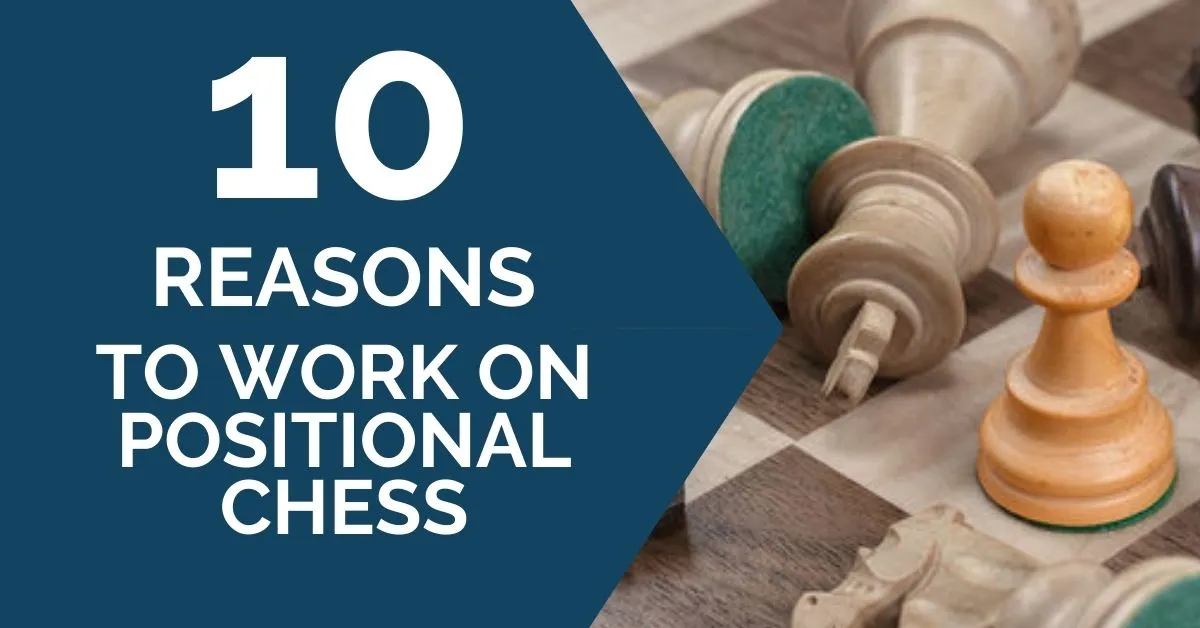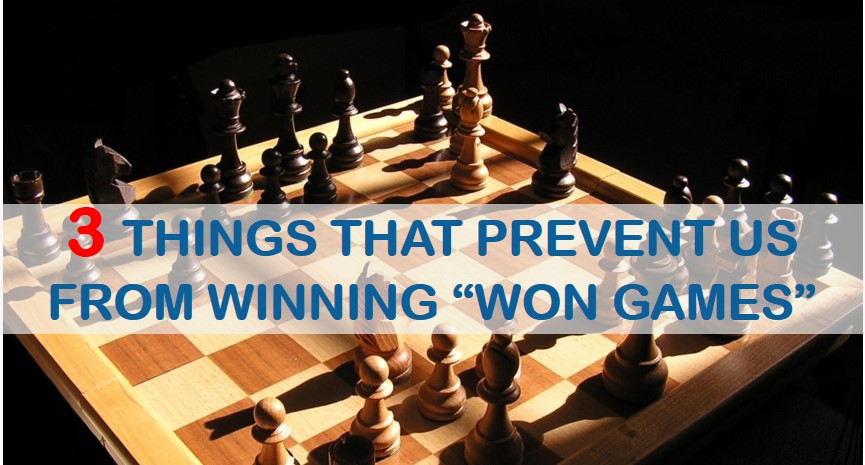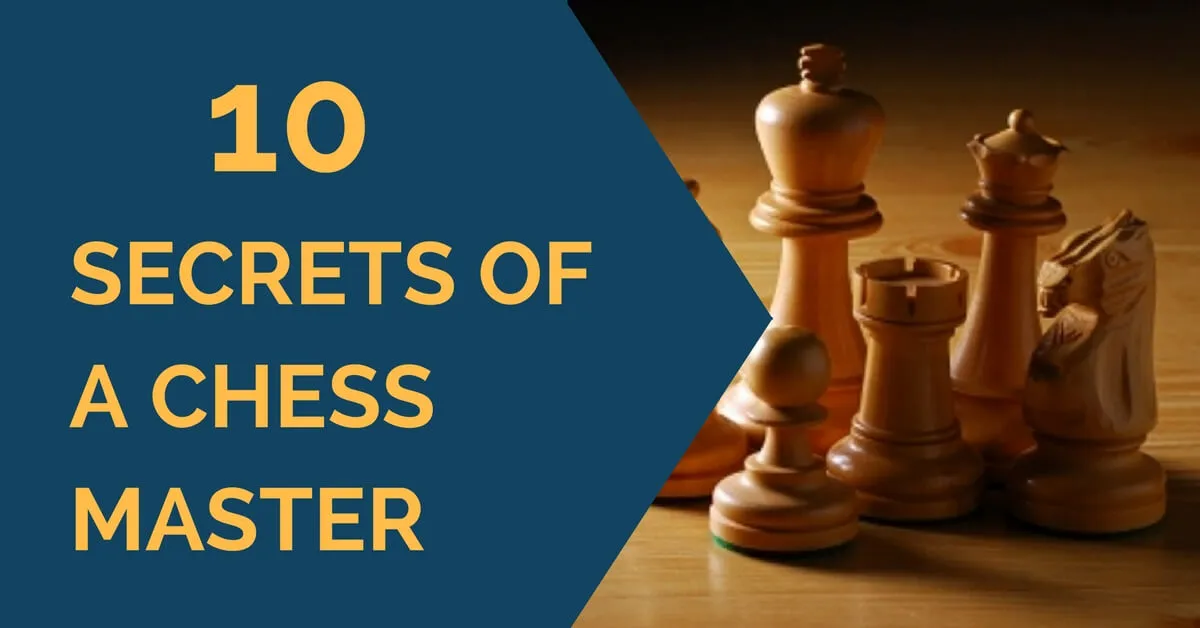10 Reasons to Work on Positional Chess

Positional chess is often what makes the difference between a strong player and an amateur, although solving tactic exercises is easier than working on positional understanding and that might be the reason why so many people don’t pay enough attention to the latter one. Chess masters can easily spot weaknesses in a position and target them. They see how to improve their pieces and also stop their opponents’ plans.
No one should discard working on positional chess and here are 10 reasons why.
1. It makes you a better player
This is direct, obvious, and clear. If you make fewer positional mistakes, the quality of your games increases and you show better results.
2. Positional Chess: It helps navigate in unfamiliar positions
The ability to spot weaknesses, improve your pieces and other positional factors are the key to why strong players often can play new openings without deep preparation. Positional understanding helps navigate and find good moves in any situation.
3. It will be harder to play against you
Good positional players know how to restrict their opponents’ possibilities and prevent their plans in advance. This is a very important chess skill that can make you an unpleasant opponent to meet.
4. Positional Chess: You will get more tactical possibilities in your games
Good piece placement is the necessary foundation for tactics. Alexander Alekhine, the fourth World Champion, had finished a lot of games by brilliant combinations. Some of his contemporaries once admitted that they were able to find the same tactics too, but never could get the positions with such possibilities! Alekhine’s ability to find the right places for his pieces is what made the difference. To create an attacking masterpiece on a chessboard, you need not only tactical skills but also positional mastery.
5. You will miss fewer tactics<
When your pieces are well placed and everything is protected, it is difficult to lose tactically. In such situations, it often happens that even if you accidentally blunder, the good coordination between your pieces luckily still plays its role and you keep good chances of holding the balance.
6. Positional Chess: You will lose less
Strong players often prefer to play with no risk and opt for positional ideas to beat lower-rated opponents. By excelling at positional aspects of chess, you will be able to play more solidly and resist their pressure more successfully. Work on your chess even more, and you also might become that kind of strong player.
7. Positional style is low-energetic and less stressful
Imagine that you didn’t sleep well and feel tired before a game. Playing sharp positions would require full concentration and a lot of energy from you. It is quite likely that at some point you will run out of energy and lose control over the game. In such situations, it is better to avoid complications and play calm chess. This is where you would definitely appreciate your positional skills.
8. Positional Chess: It is something that the best players keep doing
All the top grandmasters have a great understanding of chess, but even they from time to time commit positional mistakes. At that level, it often leads to painful losses. But I believe that if something had led them to the highest level, it was hard work and a constant process of improvement. They always learn from their mistakes and come stronger next time.
9. Your pieces will be grateful 🙂
Proper work on positional chess will make you able not only to identify bad pieces in your camp but also find effective ways of improving them. Find good places and jobs for your pieces, and they will thank you by bringing more victories to you.
10. Positional Chess: You will enjoy the beauty of chess
Subtle positional ideas often impress even more than straightforward attacking sacrifices. It is important to keep the motivation on when improving at chess, and beautiful games and ideas are going to serve this purpose and inspire you.










Comments: